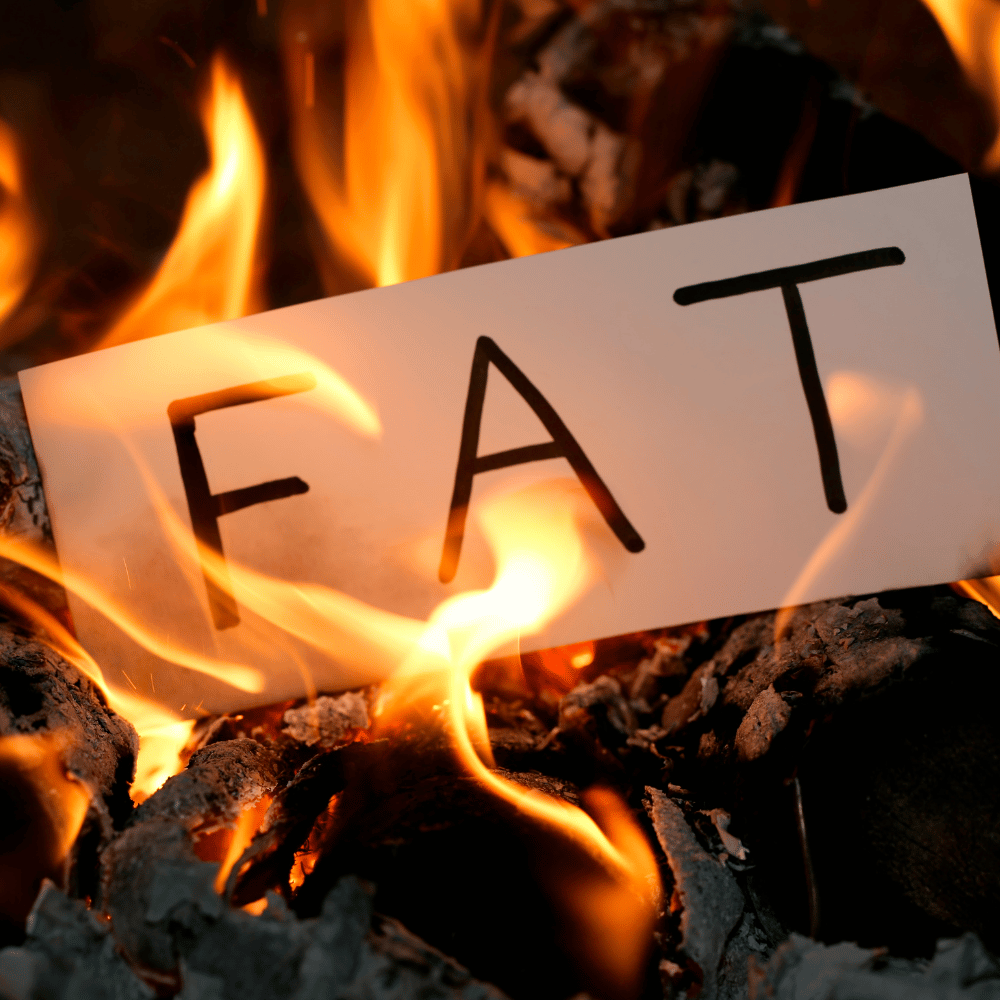Intermittent fasting has become increasingly popular among dieters and athletes alike for its many health benefits, such as weight loss, improved blood glucose levels, and reduced body fat. But can adding collagen to your diet during a fasting period break the fast? Let's take a look at what the experts have to say.
What is Collagen?
Collagen is a type of protein that’s found naturally in the human body. It plays an important role in providing structure and strength to bones, muscles, skin, and connective tissue. There are several types of collagen, but the most common supplement used for fasts is collagen peptides or hydrolyzed collagen powder. These supplements are made by breaking down animal-based proteins into smaller pieces called peptides so that they’re easier for the body to absorb.
Where is a Collagen Sourced From?
Collagen is a protein found in the connective tissues of animals, including humans. It is the most abundant protein in our bodies, comprising about 30% of all proteins. Collagen makes up much of our skin, bones, and tendons.
Collagen used to produce supplements usually comes from animal sources such as cows and chickens, though some vegetarian varieties may be available on the market sourced from seaweed or other plant-based sources. The type of collagen used for supplementation typically comes from bovine or porcine (pig) sources because these types are closest to that found naturally in humans.
Collagen protein powder is one form of supplemental collagen available today that provides a concentrated amount in an easy-to-use format for people looking for increased levels of this vital building block in their diet. The powder can easily be added to food or drinks and taken daily to help build better joint health, improve recovery time after workouts, reduce wrinkles and age spots through improved skin health.



Does Collagen Break a Fast?
The answer to this question depends on how you define a fast. Generally speaking, if you are talking about an intermittent fast, then the answer is no - taking collagen will not break your fast. Collagen is composed of amino acids that are essential for rebuilding and repairing cells but are typically too large to trigger an insulin response from the body. Therefore, consuming collagen while fasting won't cause your body to enter a fed state and thus won't break the fast.
That said, there can be individual cases where it might result in a glucose spike or trigger satiation hormones like ghrelin which may make it difficult for one to stay in their fasting window for long enough hours. If this happens then technically it could be considered breaking off the fast as well; however, this wouldn’t apply to all individuals consistently and would depend on the person's metabolism after consuming collagen protein powder or supplements.
Ultimately whether collagen breaks your specific type of fast or not must be determined through experimentation so that you can learn how your own body reacts to these types of products while fasting depending on different contexts (quantity consumed, the time between meals, etc.).
Benefits of Taking Collagen During Fasting
Collagen is composed primarily of proteins, amino acids, and other essential nutrients which are vital for keeping your body healthy while you're on a fast. It helps to stabilize blood sugar levels, increase energy levels, reduce inflammation, support muscle growth, and repair tissue damage.
Moreover, taking collagen during a fast can gut health by helping the gut to break down food quicker. This not only aids in nutrient absorption but could also potentially help you lose weight faster than if taken alone or with improper nutrition habits. Research has shown that people who consume collagen daily have higher metabolic rates when compared with those who don't: meaning they burn fat more quickly for an even greater benefit from their intermittent fasting routine.
Finally, taking collagen during your fast ensures that your body gets the necessary protein intake it needs without derailing your fasting efforts – something which can happen if the insufficient protein is consumed throughout a hard-fasting period like 24 hours without food or water consumption.



What is a Typical Collagen Intake During Intermittent Fasting?
While there isn’t a set “typical” amount of collagen intake during intermittent fasting, it can be beneficial to include some in your diet. Collagen supplements are a great way to get adequate amounts of this important protein that supports skin health, hair growth, and overall well-being while on an intermittent fasting plan.
When looking at how much collagen you should take during intermittent fasting regimes, there is no fixed rule on which level works best for everyone - it depends on individual needs as well as any other goals you may have with your nutrition plan (such as reducing inflammation). Generally speaking though, most people who are actively following an intermittent fasting pattern typically consume about 10-15 grams per day through supplementation or dietary sources like bone broth or fish-based products like salmon or tuna. Additionally consuming foods high in Vitamin C has been found to help enhance collagen production even further so adding more citrus fruits into your daily meal plans could potentially make all the difference.
Summary: Does Consuming a Collagen Supplement Break a Fast?
Taking collagen does not break a fast because it contains very few calories per serving and does not trigger an insulin response from the body. While adding extra collagen to your diet has many potential health benefits such as improving bone health and boosting muscle mass, make sure you are still getting all the vitamins and minerals you need from other sources during your intermittent fasting regimen. For those looking for an easy way to maximize their results while on an intermittent fasting program without breaking their fast - collagen could be just what they need.
Want to learn more about the benefits of Hydrolyzed Type 1 Collagen? Check out this article by Fashion Ratings!
Related Pages:
- Picking The Best Coffee Creamer for Intermittent Fasting
- Choosing The Best Coffee Creamer For Weight Loss
- The Case for Healthy Coffee Creamer
- Does Oat Milk Break a Fast?
- Does Stevia Break a Fast?
- Does Coffee with Creamer Break a Fast?
- Can You Drink Coconut Water While Fasting?
- What's Difference between Dirty Fasting vs Clean Fasting?
- Does Coffee with Cream Break a Fast?
- Does Truvia Break a Fast?
- What is an Intermittent Fasting Coffee Creamer?







